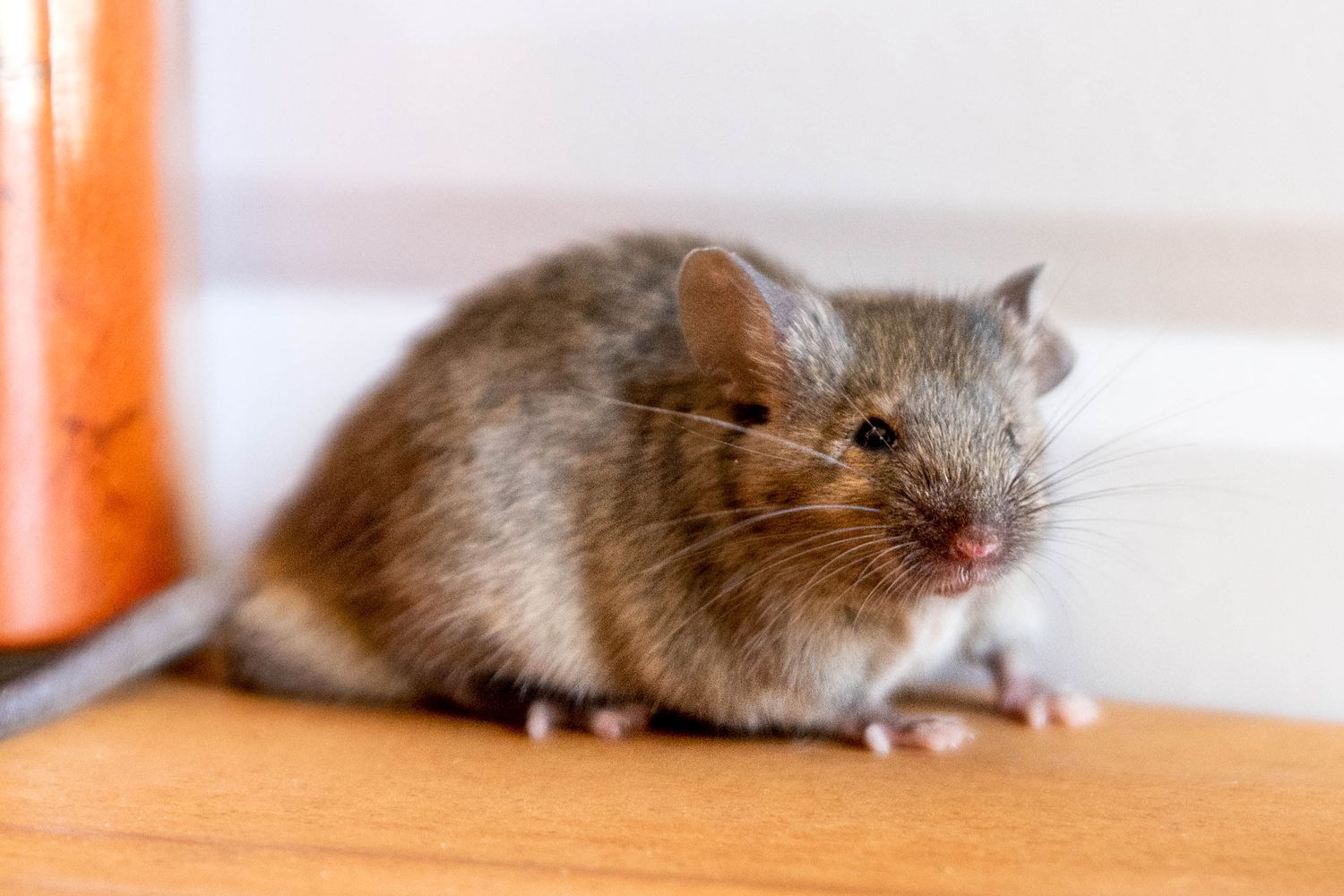While mice are small, fuzzy, and harmless-looking creatures, they can be problematic for homeowners in a sprawling metropolis like Toronto. In just a few months, a family of mice can make you and your family sick and significantly damage your home. Here are a few things you should know about mice:
Mice Carry Diseases
They can propagate serious illnesses like salmonellosis, listeria, and hantavirus simply by exploring your home, especially in areas where you eat, like the kitchen and faucets where you throw remaining food. Mice regularly and indiscriminately drop urine, feces, saliva, hair, nesting parts, and other disease-carrying things that can be accidentally touched or consumed by you or your loved ones.
Mice Chew Away at Your Property
You might wake up one morning and notice chew marks on your bread, bag of potato chips, shoes, doors, furniture, or soft concrete walls. But that’s not all mice are chewing. In fact, they’ve likely been biting the wiring and pipes behind your walls for months.
Left to their own devices, mice can start an expensive water leak in your basement by putting holes in your pipes. Water pipes in Canadian homes can already get brittle due to the changing weather conditions. Bites from mice can make them worse.
When mice chew away at your wiring, they can damage expensive appliances that rely on a smooth electrical supply. In rarer cases, mice may also start fires.
Mice Reproduce Fast
Mice reproduce rapidly. In just a few months, five mice can expand to 50 while hiding behind your walls. Additionally, a mouse living in a home can live longer than two years. That’s why it’s essential to get rid of them quickly. Canadians living in the GTA should call one of the best local exterminators immediately if they notice the following signs of a mouse infestation:
- Trails of sebum that look like oily marks on the floor
- Mouse droppings
- Nesting materials
- Squeaking or scratching noises behind walls, in the attic, or basement
- Tiny chew marks on food, furniture, etc.
- Food scraps left around
- Tiny hair droppings
- Small footprints
- Unexplained holes in pipes
- Strange smells
When selecting a pest control company, residents of Canada’s fastest-growing city need more than Toronto exterminators — they need health and wellness partners that use pesticide-free products to keep families safe.
Mice Are Smaller than Rats
Although mice and rats look similar, they’re quite different. Mice are usually half the size of rats — they have smaller and slender bodies.
Both mice and rats can carry diseases and damage your property. Though rats usually remain more hidden and have more potent bite force.
Mice Are Mostly Active at Night
Even if you see evidence of a mouse infestation around the house, you may not see mice unless you’re something of a night owl yourself. Mice are nocturnal beings and tend to be at their most adventurous at night. Your cat might see them, though and alert you by chasing them at breakneck speed. When a mouse population in a home grows too big, they may also be seen in daylight.
Keep small holes and cracks sealed to shield your house from mice and consult with professionals to prevent them from reproducing. Avoid leaving pet food, grains, seeds, and sweets lying around to keep them at bay.

